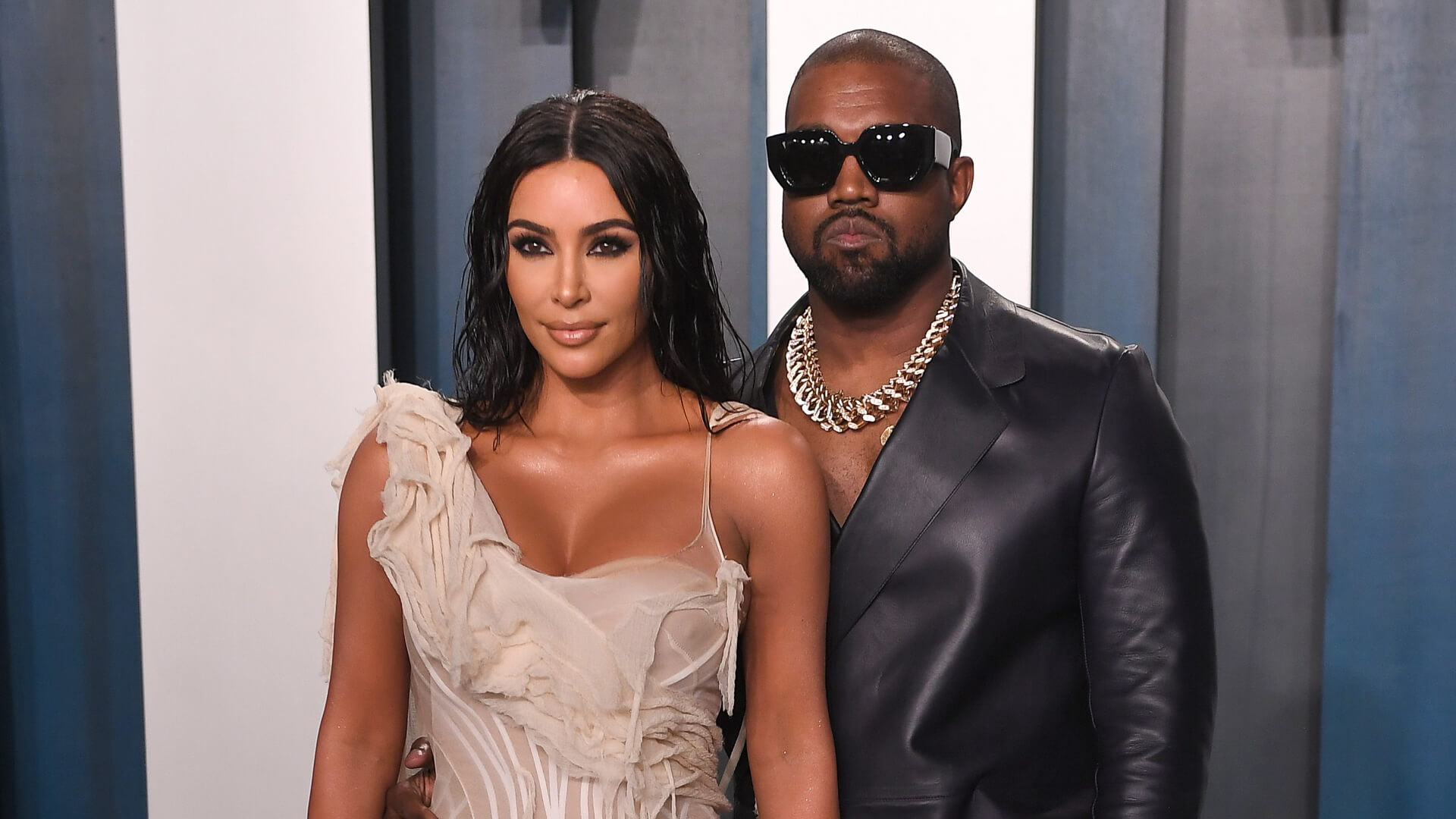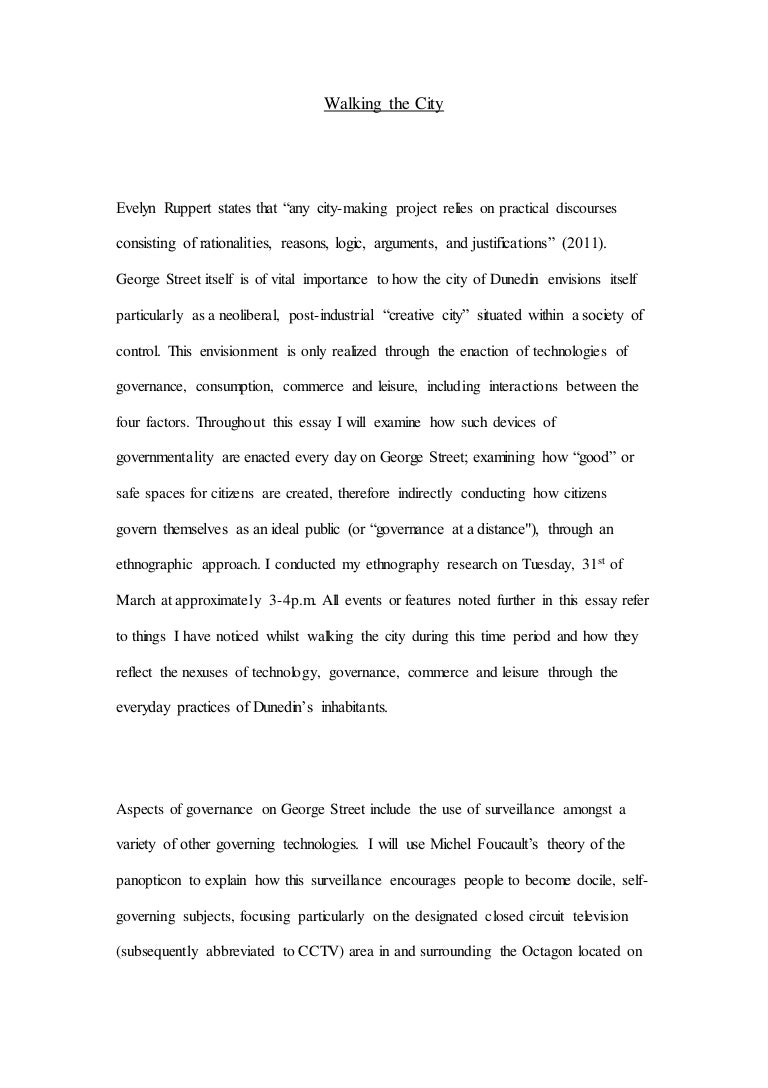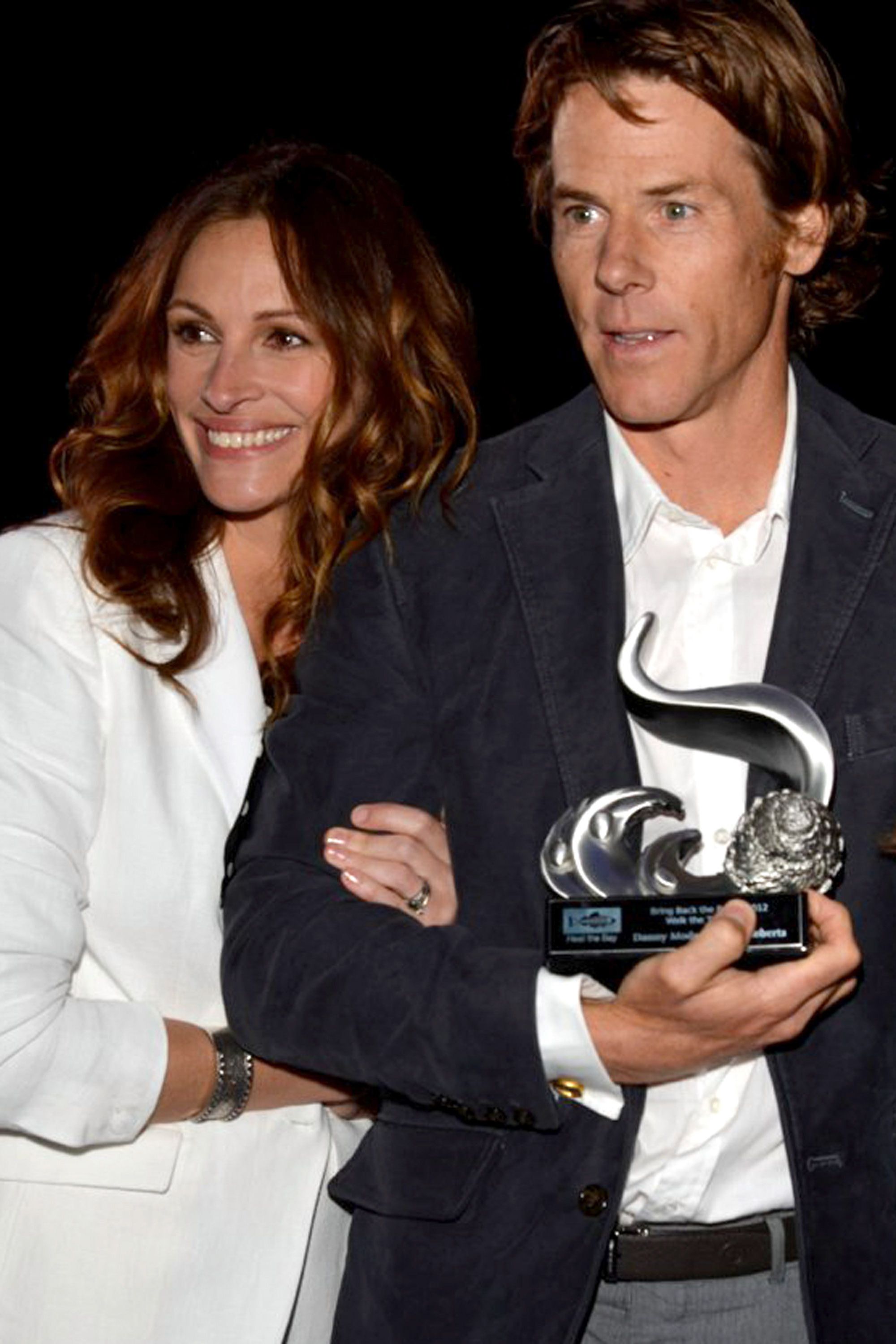
Japanese pop culture includes many media. Popular culture is an integral part Japan's cultural identity. Pop culture in Japan has its roots in ancient literary and artistic traditions. Many pop culture themes can be traced back in older art forms like manga and Japanese kabuki theatre.
Anime
Pop culture and anime have a huge following in Japan. This extremely popular culture has its roots in Japan's 1990 anime boom. It was during this time that anime productions rose in popularity, not just in Japan, but around the world. This era saw anime take storytelling to new heights.
Anime, which generates close to twenty billion dollars a yearly in Japan, is a large part of Japan’s cultural sector. In the past, foreigners had difficulty accessing this popular culture. But, now they can. Animation has grown to be a worldwide phenomenon and is becoming more popular among young people and children.

Popular anime series from Japan are extremely popular in the United States. Astro Boy was the first anime to reach America. Its popularity grew in the 1980s. Although many of us grew up watching American cartoons growing up, Anime in Japan and Japanese pop culture show a darker side. Anime series that feature a more adult audience often feature deeper storylines. Some of these shows are also violent and may contain themes that are more appropriate for adult viewers.
Video games
Japan is home of a rich gaming culture. The country has a huge gaming scene, from retro arcades to the most recent consoles. Japan is a wonderful place to visit and explore different game genres. There are many games to choose from, including erotic, fighting, and text adventures.
The Japanese gaming industry has had a major impact on society in Japan and other industries. It's a multibillion-dollar business that provides jobs for creative people all around the world. What is it about Japanese videogames that make them so special and popular? A recent lecture by Akira Baba, professor of interfaculty information studies at the University of Tokyo, explored the role of videogames in Japanese culture.
The 1980s was a pivotal decade for Japan's videogame sector. The country launched Pac-man (Space Invaders), Donkey Kong, Golf and Tetris as well as Super Mario Bros. In 1990, arcade games had reached their peak of popularity. Sega and Nintendo made their entry into the home console market with its Nintendo Entertainment System. These two companies developed a fierce rivalry that resulted in the creation handheld games like Game Boy.

Anime Otaku
Anime Otaku refers to a person who is passionate about Japanese culture. They are more likely to spend time and money on their hobby than the average person. They are also very knowledgeable about their hobbies and are willing to discuss them with anyone. This person is often viewed as something that is not normal in Japanese society.
Otakus are largely social in nature, engaging in multiple forms of communication, including online and offline meetings. Otakus love dressing up in their favorite manga or anime characters. They take their fandom seriously and strive to resemble their favorite characters. They can also be rude and annoying, making them perfect candidates for the stereotypical otaku.
There are many other types of otaku. Some of these individuals are collectors of anime and manga and even own manga series that are related to their favorite characters. Gamers make up another group of anime otakus. These gamers are passionate about videogames and tend to be more interested in Final Fantasy, Dragon Ball, or the Dragon Quest series.
FAQ
What are some examples from pop culture in 2020?
Music is rapidly changing. This year, artists like Travis Scott, Post Malone and Billie Eilish all reached number one on Billboard's Hot 100 charts. This was a remarkable achievement for any artist.
The same holds true for streaming services. Spotify reported that Spotify streamed more 10 billion hours audio content last year. This is five times more than what Spotify users listened to just five years back!
This has led to a massive shift in how people consume media. Nowadays, most people are more interested in consuming content than creating.
All age groups have easy access to high-quality audio content. This allows anyone to record, edit and mix their music.
To play your favorite song you don't have a degree in classical music theory. Download an app, add your voice, then upload them to YouTube.
You don't have to be a musician, but you can watch others make it. There are countless channels dedicated to making videos of songs ranging from covers to parodies.
What examples of pop culture are there in 2021?
The 11th of September 2001 saw the destruction of two airplanes that were hijacked and crashed into New York City's Twin Towers. This would be known as September 11, 2001.
The events of this day have impacted popular culture and continue to do so today. We can see the many ways that this event has influenced us.
This includes television shows such as 24 and movies such as United 93, which tells the story of what happened during the flight from Boston to Los Angeles on 9/11. It also includes books like The Forever War by Dexter Filkins.
We all recall our exact location when we first heard of the attacks. Some people jumped out of their beds and went outside. Others read newspapers or watched TV.
Pop culture is constantly evolving. Pop culture provides inspiration and reflections society. How will pop culture evolve in the coming year? We don't know yet. All we know is that it will be different than it was before.
Who came up with the term Pop Music?
Frank Zappa created it. His style of music was described by Frank Zappa using the term pop music.
He stated that he wanted music that was accessible to all. His music is called pop music because of this.
Zappa also invented the phrase "You Know It's Pop when ..."", which signifies that something is popular if there are many people who enjoy it. Michael Jackson's Thriller album, for example, is one of his most popular albums.
Zappa's definition of pop music is different from how it is now. Today, pop music includes all types of music. But, there were only certain types of music that was considered pop back in those days.
What is Tik Tok pop culture like?
Yes! This is not only for teenagers. These short videos can be shared with friends and family to share their emotions, thoughts, and life moments.
It is used by over 200 million people every day around the globe. Each day, the number of users grows by millions.
TikTok is a great way for brands to connect and create meaningful relationships with consumers.
Many influencers have established huge followings on TikTok. These creators produce original content that engages people around the world.
So what are waiting for? If you want to take advantage of this trend, here are four ways to do it.
-
Create viral content
-
Engage Influencers
-
Use Visuals Effectively
-
Creativity with Your Audience
How did pop music become popular?
It was an accident. The first song was written by mistake when someone accidentally knocked over a piano while playing around on New Year's Eve in 1920.
The recording company loved what they heard so they decided to release the single.
This single was the first to be officially recorded.
Pop music is today the most popular form musical entertainment.
Why is pop music popular?
Pop music is popular because it is fun! Pop music makes you feel happy, and it gives you a lot of freedom. People listen to pop music and are free to think about anything but themselves. Pop music is not a distraction from what they think. Pop music is so beloved because of this. People love songs that make them happy. Listening to upbeat music can help you get out of a slump. You might even find yourself singing along. Pop music is a success because of this.
How can pop culture be avoided?
We need to recognize when pop culture influences us. It is important to recognize when pop culture influences us. Then, it is crucial that we do not allow ourselves to be influenced. These are some ways to avoid bad influences.
-
Avoid watching Game Of Thrones and other violent shows.
-
Do not spend too much time on the Internet. Read books instead.
-
Reduce your television viewing. Spend your time doing something healthy.
-
Be careful about what you say online. After comments have been posted, they can't be deleted.
-
Be sure to verify that the websites you visit have SSL encryption. Before you submit personal information, make sure they are checked.
-
Do not let anyone pressure or make you do dangerous things.
If you see yourself becoming addicted to pop culture, talk to an adult who will help you. You can contact your local library, or the National Center For Missing & Exposed Children (1-800-583-LOL).
Statistics
- According to CNBC.com, “more than 70% of the film's revenue came from countries outside the US” (https://www.cnbc.com/2019/01/08/aqua...nal-sales.html, ret. 8/18/19). (socialsci.libretexts.org)
- For example, the term hater meaning someone who strongly undermines or criticizes others, often due to pathetic jealousy, likely emerged from hip hop culture, such as the term playa hateras, used by influential rapper Biggie Smalls as early as 1995. (simplicable.com)
- Recently, the market share across Western Europe has ranged from 60-75% (Hopewell, 2013). (socialsci.libretexts.org)
- In 1987, US films captured 56% of the European film market. (socialsci.libretexts.org)
- [17][18][19]Definition[edit]According to author John Storey, there are various definitions of popular culture. (en.wikipedia.org)
External Links
How To
Which companies have used pop-culture in their marketing strategies
Many companies have used popular culture to market their products and services in recent years. Here are a few examples:
-
McDonald's - The McDonald's Superbowl campaign featured clips from films like 'The Big Short' or 'Inside Out'. Another ad was called "I love it", which featured images featuring people dancing and eating to Drake's music.
-
Nike - Nike's 2013 commercial featured Kevin Durant, a basketball player. He claims he was inspired to play basketball by the movie "Space Jam".
-
Coca-Cola - Coca-Cola's summer 2015 ads were called the "America’s Choice Awards". These ads were based on various categories such as Best Movie and Best TV Show. Each category received a 30-second advertisement at a fictional ceremony.
-
Google - Google had announced in November 2015 that it would sponsor Super Bowl for the very first time since 2010. This included launching a website called google.com/superbowl, allowing users to watch highlights from previous games. Users could vote for their favorite team, and Google would display these results alongside the current team's scores.